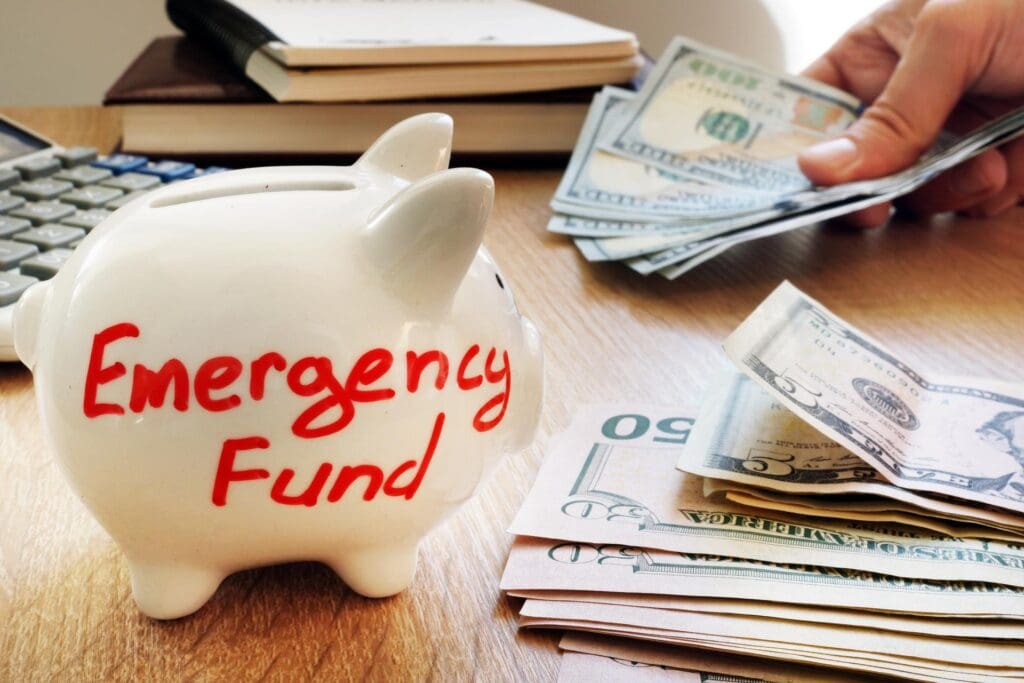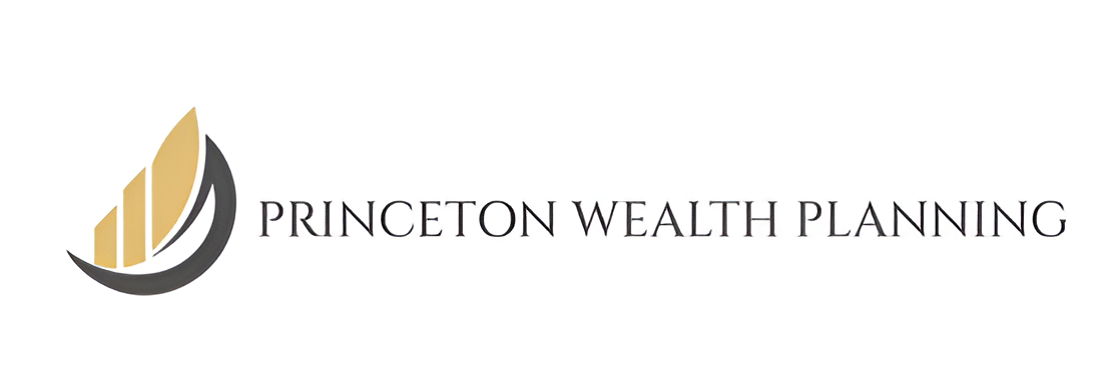
Saving for the Unexpected (应急储蓄): Why and How to Build Your Emergency Fund (为什么以及如何建立应急基金)
Life is full of surprises, and while some of them are pleasant, others can be quite challenging. From sudden medical expenses to unexpected car repairs, financial surprises can disrupt your budget and cause significant stress. That’s why building an emergency fund is essential. Here’s a quick guide on why you should save for the unexpected and how to get started.
Why You Need an Emergency Fund (为什么需要应急基金):
- Financial Reserves(财务储备): An emergency fund can act as a financial safety net, providing you with the resources to handle unforeseen expenses without relying on credit cards or loans. This helps prevent debt accumulation and financial instability.
- Financial Confidence(财务自信): Knowing you have a buffer for emergencies can help reduce anxiety and stress. It can allow you to focus on long-term financial goals and day-to-day living without constant worry about potential financial crises.
- Flexibility in Crisis(财务危机灵活应对): Whether it’s a job loss, a health issue, or an urgent home repair, having an emergency fund gives you the flexibility to address these problems immediately and effectively, minimizing their impact on your life.
How to Build Your Emergency Fund(如何建立应急基金):
- Set a Goal(设立目标): Aim to save at least three to six months’ worth of living expenses. This amount provides a robust cushion for most unexpected situations. Calculate your monthly expenses, including rent/mortgage, utilities, groceries, transportation, and other essentials, to determine your target.
- Start Small(从小额入手): If saving several months’ worth of expenses seems daunting, start with a smaller, more achievable goal. Even $500 to $1,000 can cover many minor emergencies and prevent you from needing to borrow money.
- Automate Savings(定期自动储蓄): Set up automatic transfers from your checking account to a dedicated savings account. Treat your emergency fund contribution like a regular bill to ensure consistent savings without relying on willpower.
- Cut Unnecessary Expenses(削减不必要开支): Review your budget to identify and eliminate non-essential expenses. Redirect those funds towards your emergency savings. Small changes, like reducing dining out or canceling unused subscriptions, can add up over time.
- Boost Your Income(增加收入): Look for ways to increase your income, such as taking on a side gig, freelancing, or selling unused items. Direct any extra earnings towards your emergency fund to accelerate your progress.
- Keep It Accessible but Separate(建立独立并随时可使用的应急账户): Store your emergency fund in a separate, easily accessible savings account. This prevents you from dipping into it for non-emergencies while ensuring you can quickly access the funds when needed.
Maintaining Your Emergency Fund(应急基金的维护):
Once you’ve built your emergency fund, it’s important to maintain it. Replenish any funds used as soon as possible and continue to contribute regularly. Periodically review your financial situation and adjust your savings goal if necessary to account for changes in your living expenses or income.
Conclusion(结论):
Building an emergency fund is a crucial step in strengthening your financial stability and confidence. By setting a clear goal, automating your savings, and making small lifestyle adjustments, you can create a financial cushion that prepares you for life’s unexpected challenges. Start today and take control of your financial future.
Lisa (Hongwei) Liu
CPA, CFP®, CPWA® Advisor, Partner of Wealthcare Advisory Partners LLC (Wealthcare)
Phone: 908-938-5277
Email: lisa.liu@princeton-wealth.com
Web: www.princeton-wealth.com

390 Amwell Road, Suite 308, Hillsborough, NJ 08844
*******************************************************************************************************
Princeton Wealth Planning is associated with Wealthcare Advisory Partners LLC (Wealthcare), a registered investment advisor with the U.S. Securities and Exchange Commission (SEC) under the Investment Advisors Act of 1940. Additional important disclosures regarding Wealthcare’s qualifications, business practices, and advisory services can be found in its Form ADV Part 2A Disclosure Brochure34. This communication serves informational purposes only and should not be considered financial advice or a recommendation for any specific investment product or strategy. Views and opinions expressed may change based on market conditions or other factors

